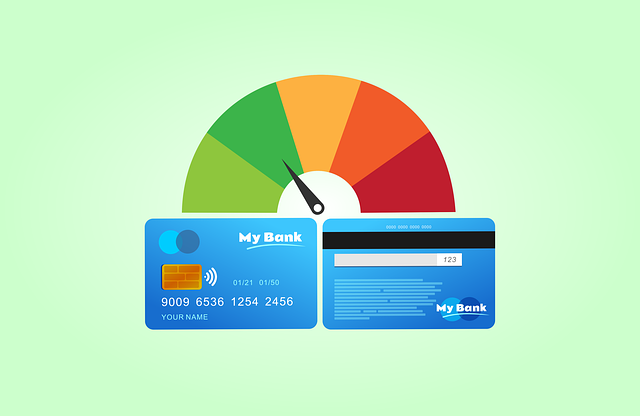Title loans without insurance offer immediate cash using a vehicle's title as collateral, bypassing credit checks but with strict regulations and higher costs. Borrowers must navigate legal requirements, undergo vehicle inspections, and adhere to lender guidelines for favorable terms. While quick funding is available, careful planning is crucial to avoid financial strain from potential pitfalls and high interest rates.
In the realm of alternative financing, understanding what unfolds in a title loan without insurance case is paramount. This concise guide unravels the intricacies of this financial instrument, focusing on the absence of insurance coverage. We’ll explore legal implications and lender requirements, shedding light on potential risks for borrowers. Furthermore, we’ll present alternatives and their consequences, enabling informed decisions in navigating such loans. By delving into these aspects, you’ll gain valuable insights into the complexities of title loans without insurance.
- Understanding Title Loans Without Insurance
- Legal Implications and Lender Requirements
- Alternatives and Potential Consequences
Understanding Title Loans Without Insurance

A Title Loan Without Insurance is a financial solution for individuals who own a vehicle and are facing immediate cash needs. In this case, borrowers use their car’s title as collateral to secure a loan. Unlike traditional loans that require extensive credit checks, these loans focus on the value of the vehicle rather than the borrower’s credit history. This makes them an attractive option for those with less-than-perfect credit or no credit at all, often referred to as bad credit loans. The process is straightforward; you visit a lender, provide your vehicle’s title, and agree on a loan amount based on the car’s worth. Once approved, you’ll receive the funds, and upon repayment, the title is returned to you.
It’s important to note that without insurance, the risk lies with the borrower. If they fail to repay the loan as agreed, the lender has the legal right to repossess the vehicle. This can be a significant concern for borrowers who rely on their cars for daily transportation. However, some lenders offer flexible repayment plans and even the option of Loan Refinancing to help borrowers manage their debt better. A Title Pawn is another term for this type of loan, emphasizing the use of the vehicle’s title as collateral, which can provide a quick and accessible way to obtain emergency funds.
Legal Implications and Lender Requirements

When considering a title loan without insurance, it’s crucial to understand the legal implications and specific requirements set by lenders. In many jurisdictions, lenders are required to provide clear terms and conditions regarding interest rates, repayment plans, and the process of vehicle inspection. Failure to comply with these regulations can lead to severe legal consequences for both borrowers and lenders. The lack of insurance doesn’t exempt either party from adhering to state and federal laws governing secured loans.
Lenders often require a thorough inspection of the borrower’s vehicle to assess its value, ensuring it serves as adequate collateral for the loan. This process is typically carried out by licensed appraisers or the lender’s internal assessment team. Unlike traditional loans with comprehensive insurance options, a title loan without insurance places a higher burden on borrowers to maintain and preserve their vehicle’s condition. Moreover, quick funding, such as same-day funding, might come with steeper interest rates and shorter grace periods, underscoring the importance of meticulous planning and adherence to lender requirements for optimal outcomes.
Alternatives and Potential Consequences

When considering a title loan without insurance, individuals often explore alternatives to traditional financing options. This decision may be driven by various factors, such as a lack of insurance coverage or an urgent need for cash. However, it’s crucial to understand the potential consequences and available options. One alternative is to seek out lenders who offer non-insurance title loans, which can provide funding without requiring comprehensive vehicle insurance. These loans often involve stricter criteria and higher interest rates compared to conventional Dallas Title Loans.
The process typically includes a thorough vehicle inspection and vehicle valuation to assess the car’s condition and determine its worth. Lenders may also charge additional fees or require repayment plans, ensuring borrowers can manage the financial burden. While this option might be appealing in the short term, it could lead to significant financial strain if not managed properly, especially considering the higher interest rates and potential hidden costs.
A title loan without insurance presents a series of risks, including legal repercussions for both borrowers and lenders. As discussed, state laws regarding such loans vary significantly, with some explicitly prohibiting them due to the potential for unfair practices. Borrowers should be aware of these risks and explore safer alternatives like traditional personal loans or credit unions. Lenders, on the other hand, must adhere to strict guidelines or face severe penalties. Ultimately, understanding the implications of a title loan without insurance is crucial for making informed decisions in the financial landscape.






